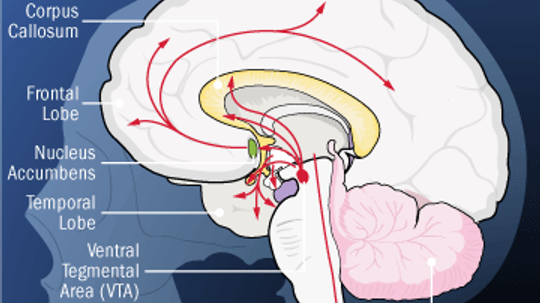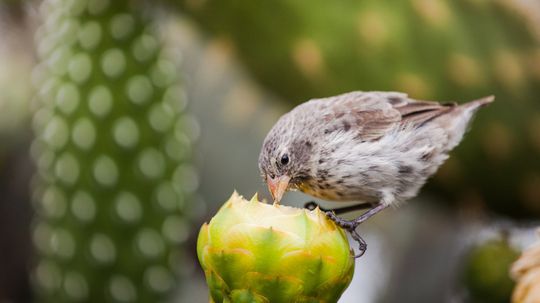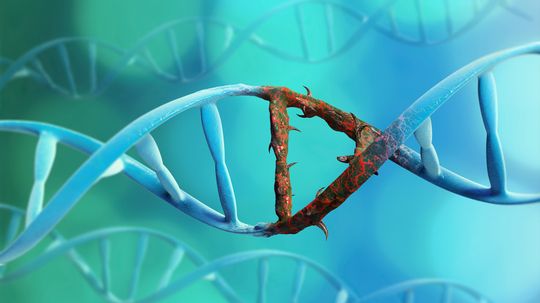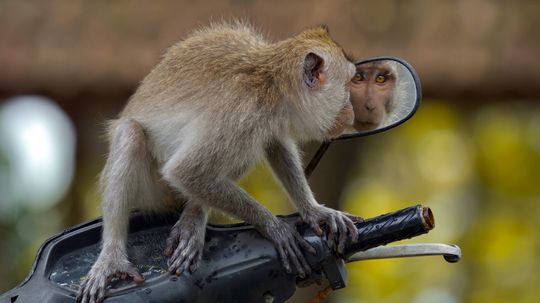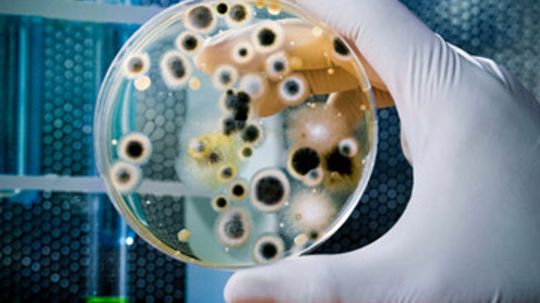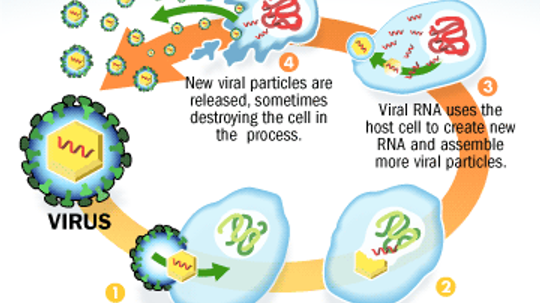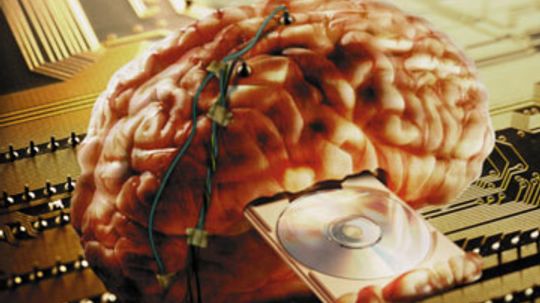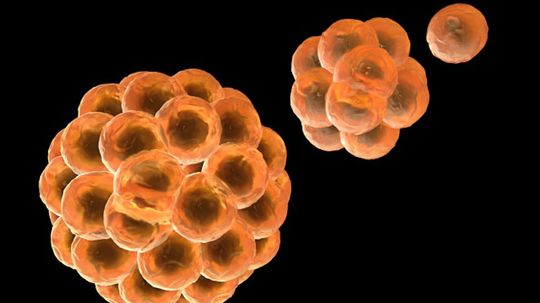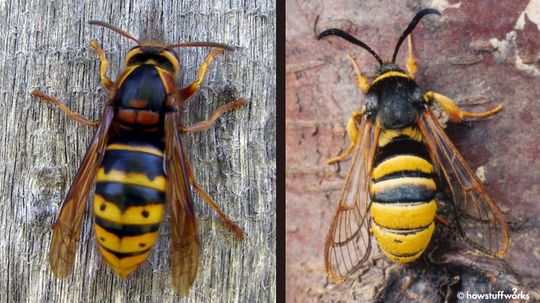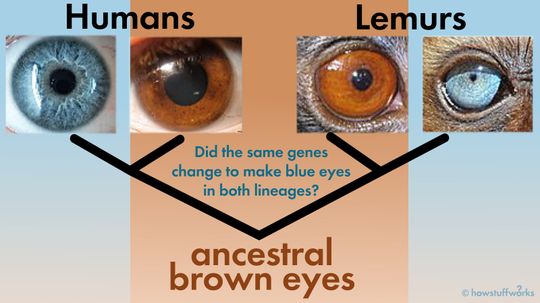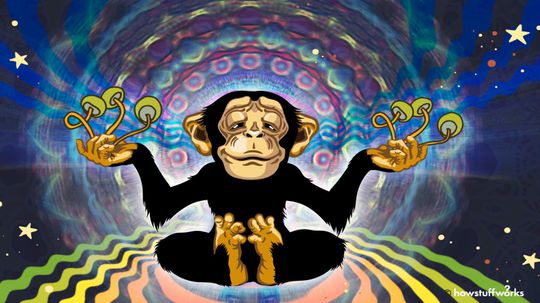Life Science
From the smallest microbe to the largest mammal, Life Science explores the origins, evolution and expansion of life in all its forms. Explore a wide range of topics from biology to genetics and evolution.
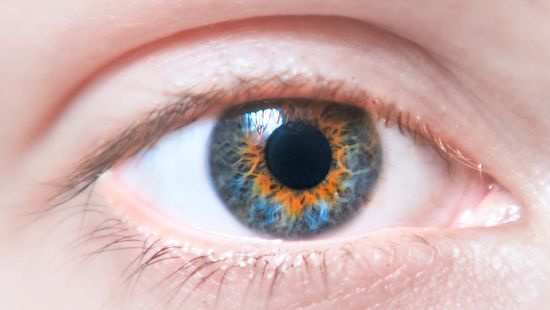
Central Heterochromia: When to Worry About Eye Color

10 Types of Noses to Spot in a Crowd
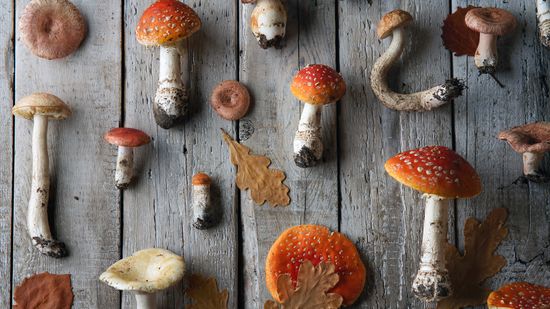
3 Major Types of Mushrooms: Edible, Wild and Poisonous

3 Types of Trees You'll Find All Over the Planet

A Corpse Flower Can Grow Over 12 Feet (3.7 Meters) Tall

Indica vs. Sativa: How to Distinguish Between Cannabis Plants
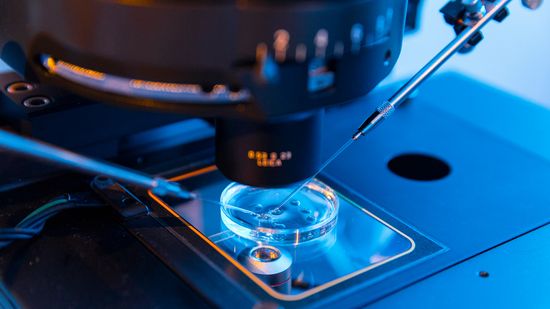
In Vivo vs. In Vitro Trials (and Why Combining Both Is Best)

Hypertonic vs. Hypotonic Solutions: Differences and Uses

Your Phone Is a Germ Factory, So Stop Taking It to the Toilet
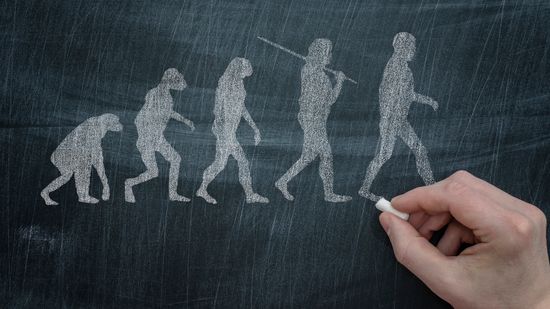
Neanderthal vs. Homo Sapien: Separate Species With Different Fates

Howstuffworks Interviews: Extinction Level Events with Annalee Newitz

What will the Earth look like in 50,000 years?

Is a Woolly Mammoth Clone Even Possible?

The Most Common Hair Color Isn't Blonde

What Is the Most Common Eye Color? Over 70% of People Have It
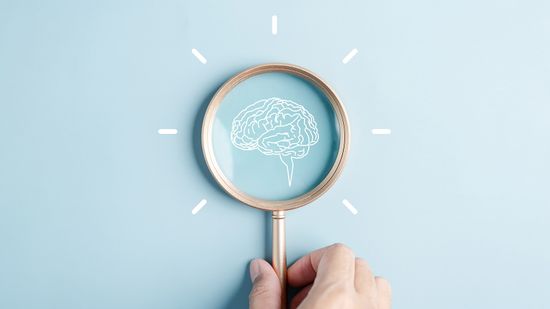
9 Types of Intelligence: The Many Ways to Expand Your Mind

Phineas Gage and the Birth of Modern Neuroscience

Call of the Void: A Counterintuitive Form of Self-preservation
Learn More / Page 11
Pasteurization is the process of removing harmful pathogens from various types of food. How was this process discovered?
By Carol White
There's a connection between our physical bodies and the way it responds to emotion -- but scientists aren't quite sure what it is. Could it be that happiness is little more than a series of neurochemical responses to the world around us?
By Josh Clark
You think you'd know what happiness was -- you've felt it before, right? Not quite. It turns out that the definition of happiness pretty much depends on who's defining it.
By Josh Clark
Advertisement
Studies seem to indicate that men are more likely to harbor violent tendencies than women. What factors do researchers use to come to these conclusions, and most importantly, is it true that men are more violent?
Why do we help others, even if we know it will hurt us? As it turns out, the concepts of altruism and selfishness may be linked -- much more so than we thought.
By Josh Clark
As the human population soars, our ability to feed all those hungry mouths can't keep pace. How did an English economist by the name of Thomas Malthus wind up thinking about this very issue in the 19th century, and what's his connection to Darwin?
Every species on Earth, from the majestic humpback whale to the bacteria happily living in your gut, has a special role to play within a defined ecosystem. Can organisms ever trade their existing niches for new ones?
Advertisement
Are looking for ways of raising your self-esteem? Check out what we have uncovered for elevating your self-esteem in this article.
There's no doubt that humans are a violent species. The real question is: Why? Are some people wired differently than others? Is it a matter of survival? Or are we just taking our frustrations out on others in violent ways?
What does it take to be considered a genius? Were the Mozarts and Monets of the world born with it? Or did their environment shape who they became?
When the traffic lights are functioning, drivers (usually) behave. Break a light, and everything comes to a standstill. Within our bodies, we could liken that broken traffic light to a DNA mutation - one that has the potential to mess up our body's everyday operations.
Advertisement
Many people think of cinnamon simply as a condiment that makes sweet treats taste even better, but the spice has had many, diverse uses over time. Could it have some medicinal properties, too?
By Diana Bocco
Once scientists discovered that some members of the great ape family could recognize their reflections in mirrors, academics began to wonder whether these animals were actually conscious of themselves. That debate continues today.
Phone calls, e-mails, sign language, friendly shouts -- this is how we communicate in our daily lives. Bacteria, some of the tiniest organisms on Earth, have a different way of talking.
For something too small to be detected by an ordinary microscope, viruses pack a big punch. We all know they can wreak havoc on the body, but how do they do it?
Advertisement
We'd like to think we're pretty clever, but when you correct for body mass, dolphin brains aren't far off from our own. What cognitive skills do dolphins possess, and could they really be our intellectual equals?
Computers can handle far more calculations per second than the human brain, and can store and retrieve information very reliably. Should we be jealous of these hunks of silicon and metal on our desks?
Cell suicide sounds unpleasant, but this programmed cell death is the reason your fingers and toes are no longer webbed. What's the story behind apoptosis, and what does it have to do with curing disease?
Everyone knows that humans require food, water and shelter, but what about knowledge? It turns out that we have an innate, unquenchable need to seek out new things and new stimuli. Aren't you curious?
By Josh Clark
Advertisement
We've been raised with the belief that death is inevitable, so we must consider the legacy of what we'll leave behind. But what if you had unlimited time to pursue your life's work? What if you didn't have to die?
You stub your toe, and it begins to throb almost immediately. You wince as the pain takes hold for a moment and you can't concentrate on anything else. But is some pain just in your head?
Batesian mimicry is an evolutionary strategy used by vulnerable species to look like a dangerous species so predators will leave them alone. But it only works under the right circumstances.
Organisms not related to each other can develop similar physical attributes without even exchanging notes.
Advertisement
Do we owe the emergence of language and self-reflection to the ancient and sustained consumption of psilocybin mushrooms?
Erosion and weather can combine to make rock formations look like all kinds of things, from human faces to animals. They're called mimetoliths and we've taken a look at four of the most famous.

